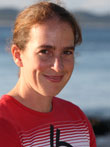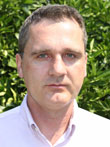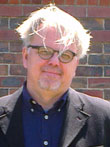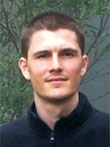Professor Rob Harcourt, Faculty of Science
It's time to grow up and share the data: a new approach to understanding how Australia's seas are changing.
Rob has pioneered a new collaborative approach to measuring how large marine vertebrates (seals, sharks, fish, seabirds) and invertebrates (lobster, cephalopods) utilise our coasts and oceans. By sharing information across multiple studies we are able to see the big picture, critical in this time of rapid environmental change. Rob has led the Australian Animal Tagging and Monitoring System supporting 120 researchers across 34 Institutions and over 60 research projects. 40+ postgraduate research theses have arisen from this network with many more on track. AATAMS is now global and has fundamentally altered our understanding of higher trophic level responses to ocean change.

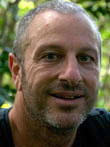


 Professor John Magnussen, Australian School of Advanced Medicine and Dr Jaye McKenzie-Clark, Faculty of Arts
Professor John Magnussen, Australian School of Advanced Medicine and Dr Jaye McKenzie-Clark, Faculty of Arts


